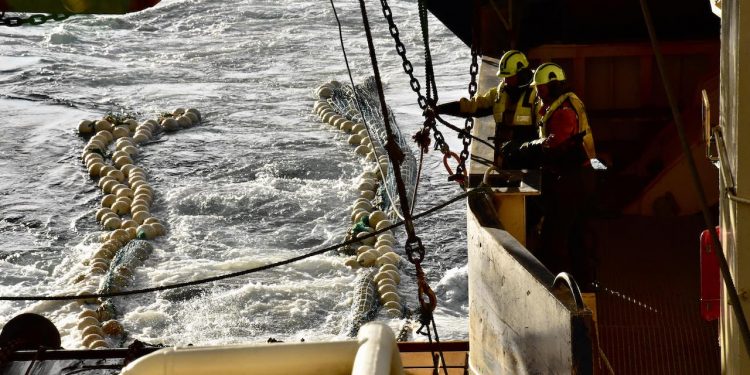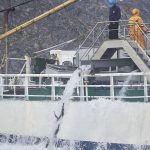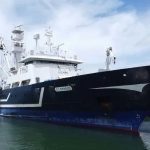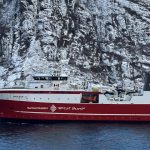Against a challenging backdrop of reduced quotas for a key stocks, Norway and Russia have agreed on a Barents Sea fisheries agreement for 2025.
‘It’s good that we have a fisheries agreement with Russia, despite the fact that this year we are also in an extraordinary situation. The agreement lays the foundation for long-term and sustainable marine management in the northern areas, and is crucial for us to be able to take care of the cod stock and the other species in the Barents Sea,’ said Norway’s Fisheries and Oceans Minister Marianne Sivertsen Næss.
The cod quota for 2025 is the lowest since 1991. The total quota for North-East Arctic cod for 2025 has been set at 340,000 tonnes. This means a decrease of 25% from the current year’s quota. The overall cod quota is distributed between Norway, Russia and third countries according to the same principles as in previous years. Norway’s share of the quota for 2025 will be 163,436 tonnes.
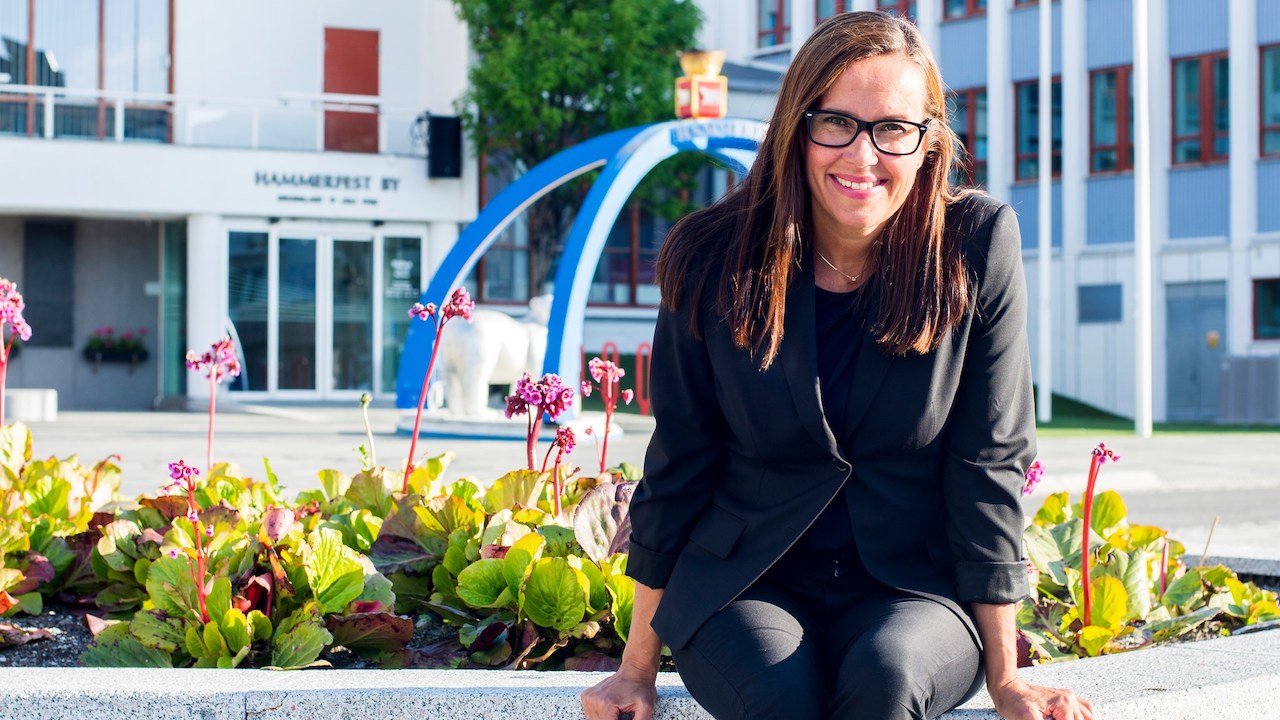
The 130,000-tonne haddock quota is a reduction of 7.8% and the Greenland halibut quota is reduced by 10.6% to 19,000 tonnes, while there is a 4,2% reduction in the redfish quota to 67,191 tonnes. There will be no capelin fishery in the Barents Sea in 2025.
‘It is good that we have reached an agreement. It is important both for the fish stocks and the management that the parties agree on quota management and cooperation in the Barents Sea,’ commented Fiskebåt chairman Christian Halstensen, adding that it is important for Norway and Russia to have an agreement on the fishing stocks in the Barents Sea.
‘Norway and Russia’s fisheries cooperation has worked throughout the Cold War, and it also works now, even though Russia is at war in Ukraine. It is important that we manage to agree on the management of the valuable fishing resources in the Barents Sea, even if there are conflicts elsewhere.’
The Norwegian Fishermen’s Association and Seafood Norway have also welcomed the agreement, recognising that 2025 will not be an easy year for the Norwegian fishing sector.
‘The agreement for 2025 means that the overall changes from this year to next will be somewhat smaller than initially expected. This is positive, among other things in terms of access to raw materials for the fishing industry. There is still no doubt that the fishing industry will be affected by the raw material situation,’ says Martine Werring-Westly at Sjømat Norge.
‘The quota recommendations for 2025 were dramatic, and we are facing a demanding period with low quota levels, commented Synnøve Liabø at the Norwegian Fishermen’s Association.
‘This will affect the fishing industry and local communities along the coast for several years to come. The fisheries agreement means that we have now received important clarifications on the framework conditions for the fisheries for next year, and we believe this is a responsible and balanced solution.’
Researchers have also been commissioned to finalise work on a harvesting rule for shrimp in the Barents Sea.
‘With a decrease in the cod quota, shrimp fishing in the Barents Sea will become even more important,’ Martine Werring-Westly said.
‘It is therefore positive that the researchers have drawn up different harvesting rules for shrimp in the Barents Sea, and will now continue to work on this until the next meeting of the Fisheries Commission. Taking into account the environmental certification of shrimp fishing, this could be an important factor.’

